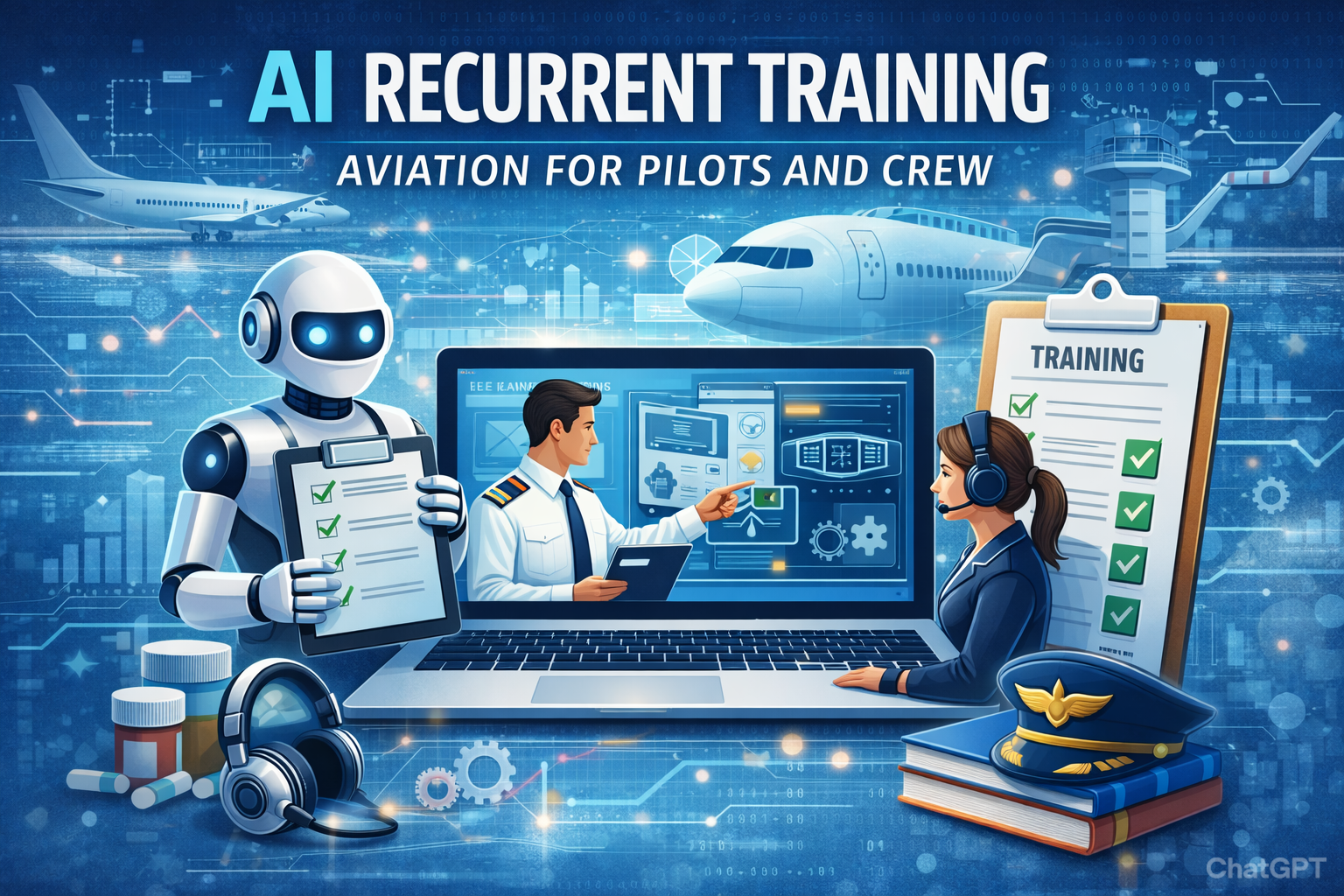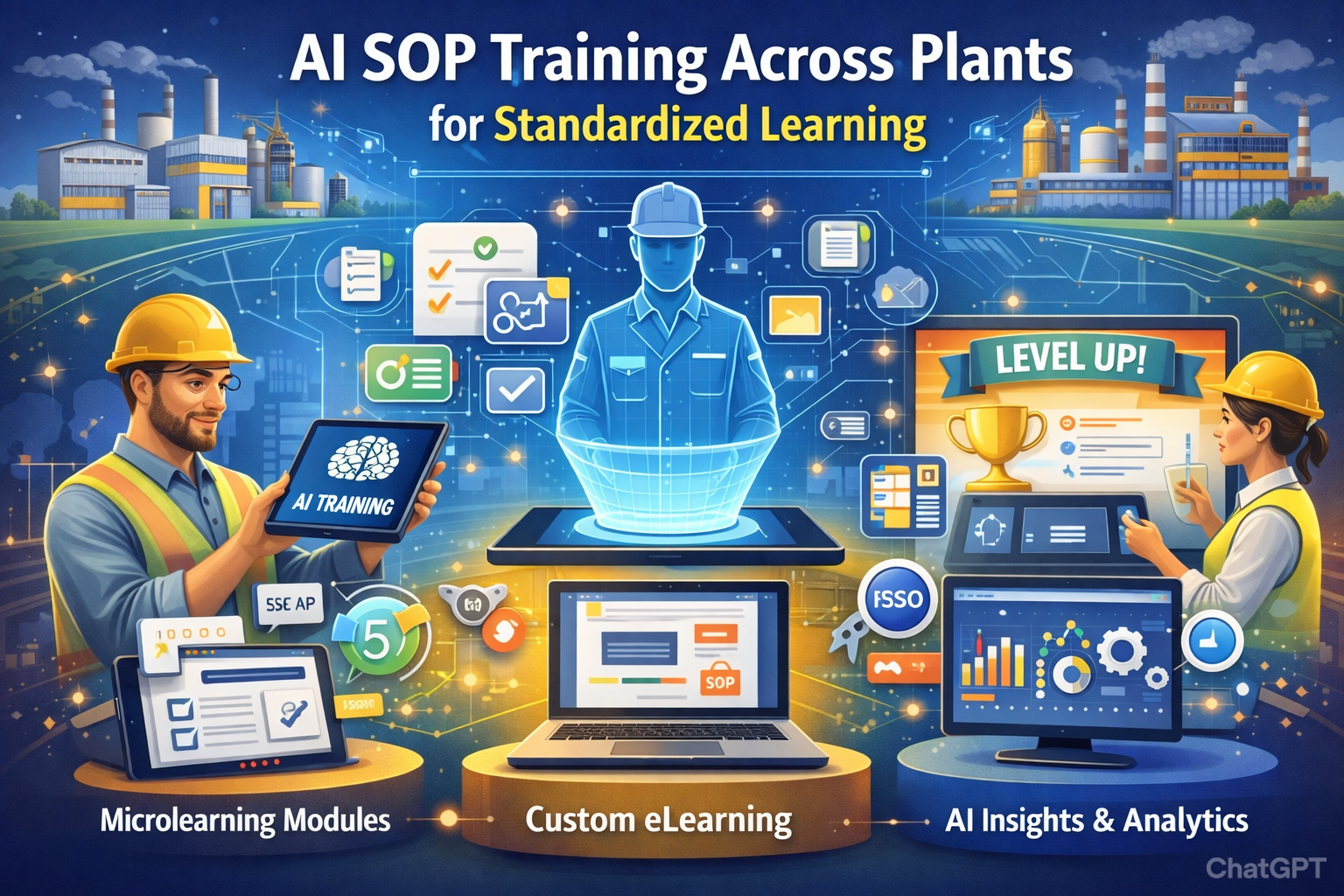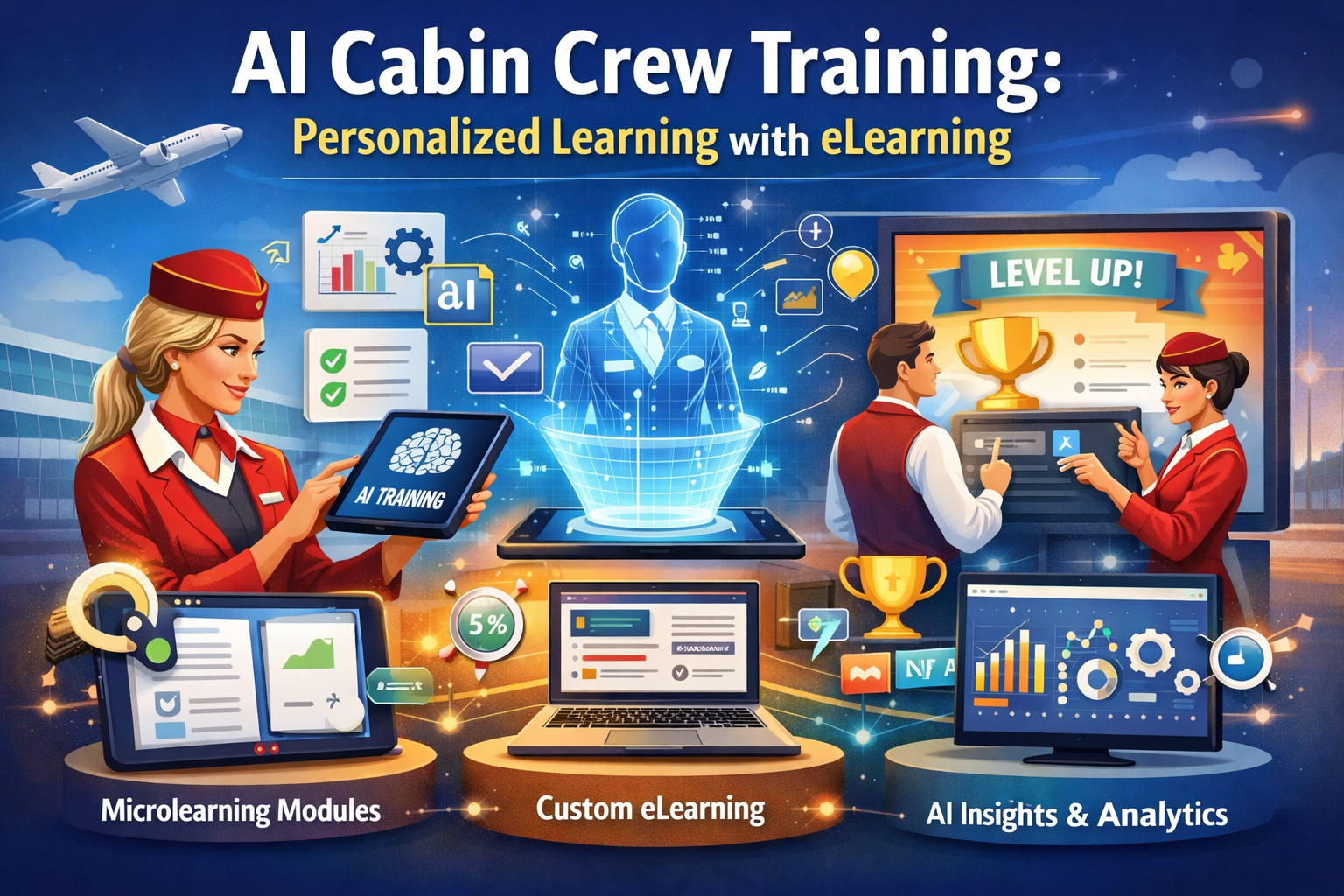The Importance of Upskilling in Today’s Workforce
In an era of constant technological advancements and shifting market demands, staying relevant in the workplace is more important than ever. Upskilling—the process of learning new skills or improving existing ones—has emerged as a vital strategy for individuals and organizations. It is no longer a luxury but a necessity to remain competitive and adaptable in a rapidly changing world. To learn more about the importance of upskilling, click here.
What is Upskilling?
Upskilling involves acquiring new knowledge or honing skills to improve job performance and prepare for evolving industry trends. Unlike reskilling, which focuses on learning skills for a completely new role, upskilling helps individuals grow within their current roles or advance in their careers. To understand the difference between upskilling and reskilling, click here.
Why is Upskilling Important?
1. Keeping Up with Technological Advancements
With the rise of automation, artificial intelligence, and digital transformation, many traditional jobs are evolving. By learning new tools, software, or methodologies, employees can adapt to these changes and remain productive contributors to their organizations. Learn how to keep up with tech advancements in your industry here.
2. Enhancing Career Growth
Upskilling opens doors to new opportunities. Employees equipped with updated skills are more likely to be considered for promotions, leadership roles, or challenging projects. It is a pathway to career progression and personal growth. Read about career growth through upskilling here.
3. Boosting Organizational Success
For businesses, a skilled workforce leads to increased efficiency and innovation. Upskilling ensures employees are well-prepared to handle new challenges, meet customer demands, and contribute to overall business growth. Learn how organizations benefit from upskilling here.
The Benefits of Upskilling
For Individuals
- Increased Job Security: Employees with relevant skills are less likely to face redundancy.
- Higher Confidence: Learning new skills boosts self-esteem and job satisfaction.
- Improved Marketability: Upskilled professionals are more attractive to employers, offering a competitive edge in the job market. Discover tips on boosting your marketability through upskilling here.
For Organizations
- Reduced Turnover: Investing in employee development improves retention.
- Enhanced Innovation: Skilled teams are better equipped to bring fresh ideas and solutions.
- Adaptability: Businesses with a well-trained workforce can quickly adapt to industry changes. Read more about how upskilling improves employee retention here.
How to Implement Upskilling
- Identify Skill Gaps: Conduct assessments to determine areas that require improvement.
- Leverage eLearning Platforms: Use technology to provide flexible, engaging, and personalized training solutions. Discover the best eLearning platforms for upskilling here.
- Encourage a Culture of Learning: Foster an environment where employees feel motivated to pursue continuous development. Learn how to build a culture of learning here.
Conclusion
Upskilling is the cornerstone of success in today’s dynamic workforce. For employees, it provides a path to career advancement, job security, and personal fulfillment. For organizations, it drives innovation, adaptability, and growth. As the workplace continues to evolve, the importance of upskilling will only increase. Start prioritizing skill development today to prepare for the challenges and opportunities of tomorrow. Explore more on how to start upskilling here.





